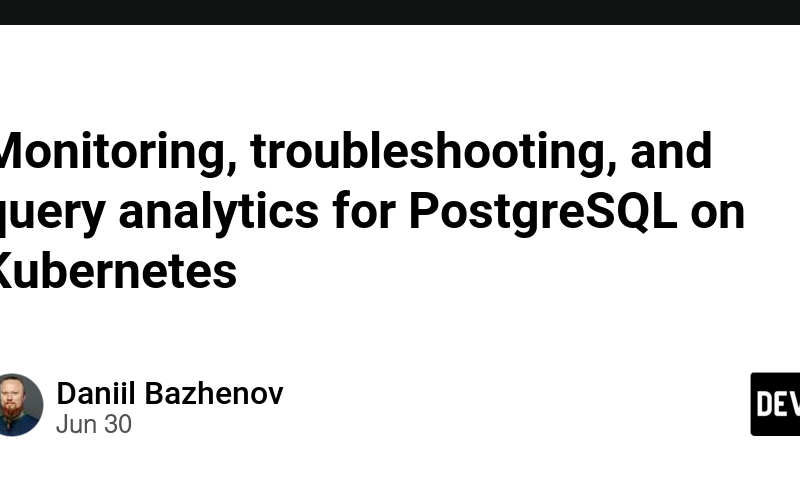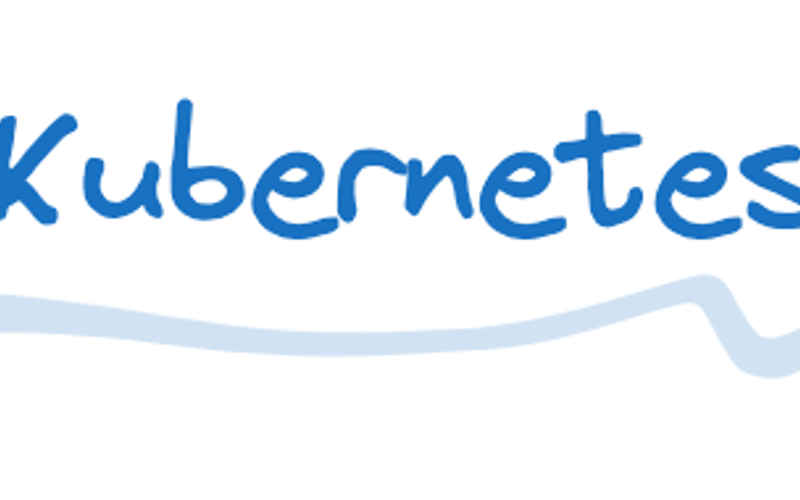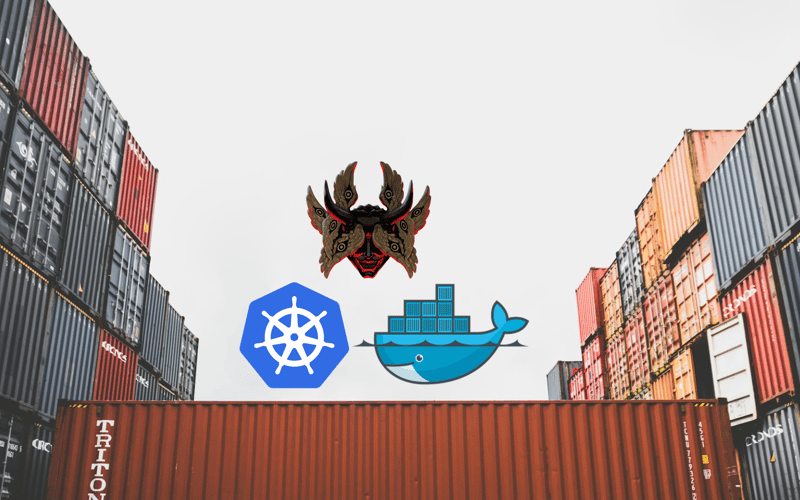25
Jul
In this blog we will be discussing about Internal Developer Platform (IDP), what it is , how to set one up as a lead DevOps Engineer.Present tech landscape implementing an IDP helps to streamline workflows and boost productivity. What is an Internal Developer Platforming It is a platform or an application which is built by platform engineecloring team for building golden paths and to facilitate developer self service. It consists of various tools and technologies integrated together so that it lowers cognitive load on developers without abstraction of context and underlying technologies. Why is there a need to build IDP…






